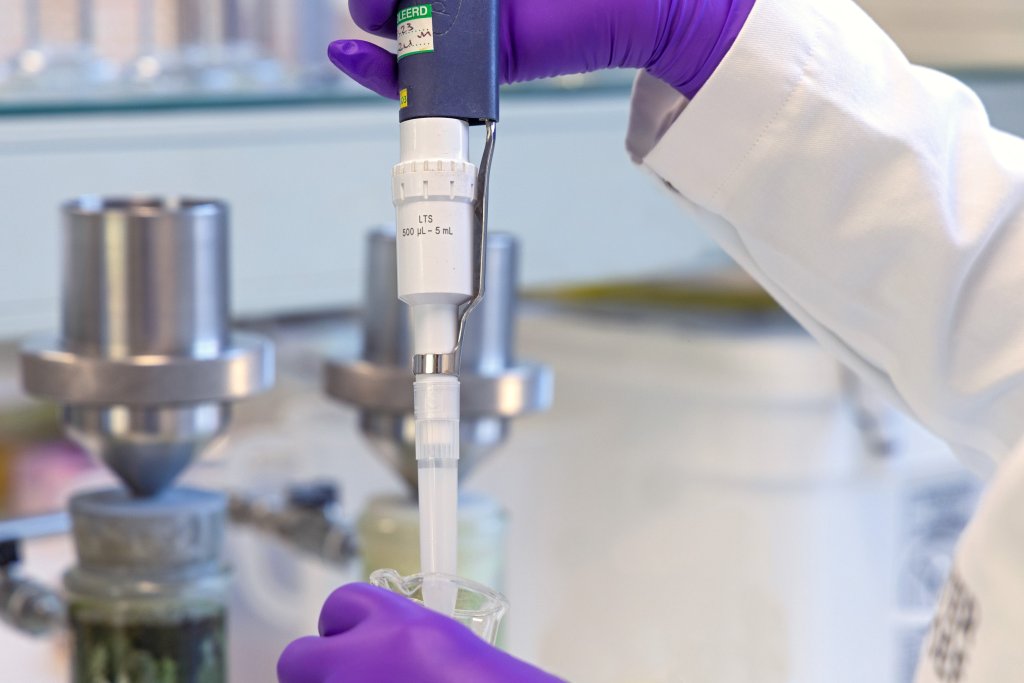Substances in the water
For decades, many products and resources containing chemicals have been used in society for a wide range of applications in all kinds of sectors and also by consumers. Chemicals are therefore everywhere in our living environment. The Rijksoverheid which substances and materials are permitted, for which applications, where they may be used, and what the standards are for this. And every year, new substances are added. However effective the properties of these substances may be, they also have a downside. Exposure to chemicals can have a negative impact on our health. And when these chemicals are used or processed, they can be released and end up in the environment. Some substances, such as PFAS, are persistent, meaning they do not break down or are difficult to break down. And once they end up in surface water, they have a negative effect on water quality and on life in and around the water.
Working together for clean and healthy water
As long as these types of products are permitted for use, there is a risk that they will end up in surface water. HHNK does not want these products and the substances they contain to end up in surface water. It is therefore important that all parties, governments, regulators and inspectors, entrepreneurs and managers make every effort to prevent emissions into surface water and, if that is not possible, to limit them. We are committed to this and work closely with others to encourage them to take measures.
In recent decades, with the advent of sewerage systems, sewage treatment plants, permits, discharge policies, and standards for crop protection products, significant steps have already been taken to improve water quality, especially in terms of ecological water quality. However, there is still much to be done, including in the area of chemical water quality. It is important to realize that water quality problems have developed over a long period of time and therefore often cannot be solved in a single day. This requires many measures and broad commitment from many parties. For example, as part of the Water Framework Directive approach, the NH Agricultural Portal has been set up with the agricultural sector. And we are working with other authorities and land managers on design measures such as nature-friendly banks.
Nowadays, there is increasing attention for micro-pollutants (medicine residues, pesticides, microplastics, hormone-like substances, and PFAS). We are working on new techniques to remove these substances from sewage water and on improvements to indirect discharges. To monitor water quality, we regularly carry out research and measurements and publish these measurement data on public databases such as Aquadesk. When it comes to pesticides specifically, this data is published by others on bestrijdingsmiddelenatlas.nl. We measure in the context of water quality. However, water quality standards say nothing about the effects on public health. Only the Municipal Health Service (GGD) can comment on this. If you have any questions about this, please contact the GGD.
Undesirable substances in water
Despite these efforts, undesirable chemicals are still being found in surface water. You can find this information in the public database Aquadesk, to which we supply our data. If we find that there are substances in the water that do not belong there or exceed the standard, our enforcement officers and supervisors take action and we notify the Netherlands Food and Consumer Product Safety Authority (NVWA).
See also
